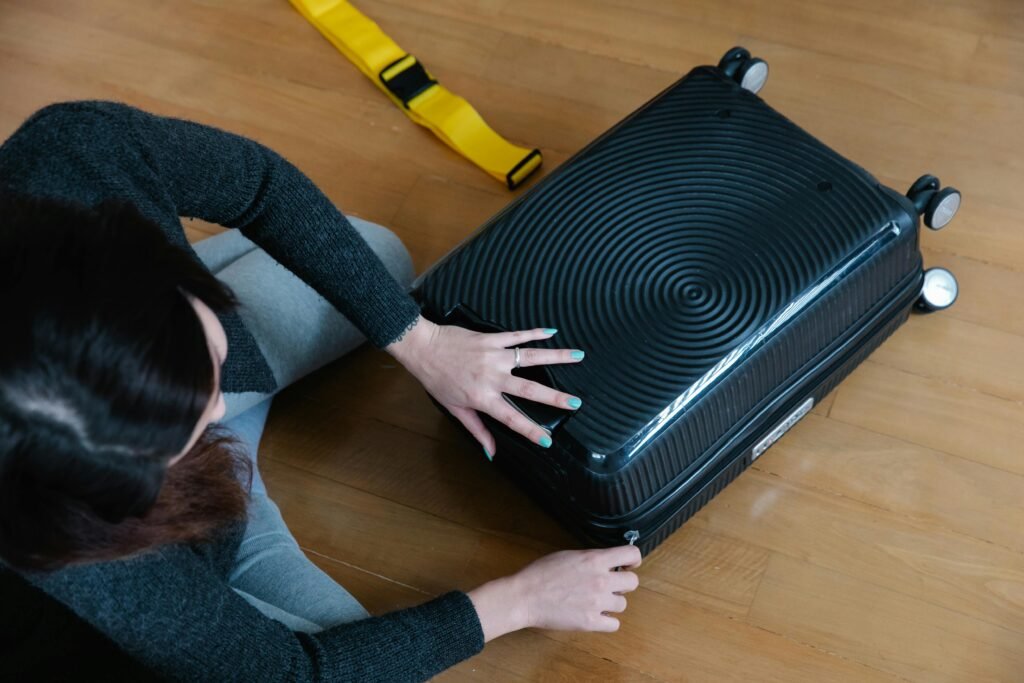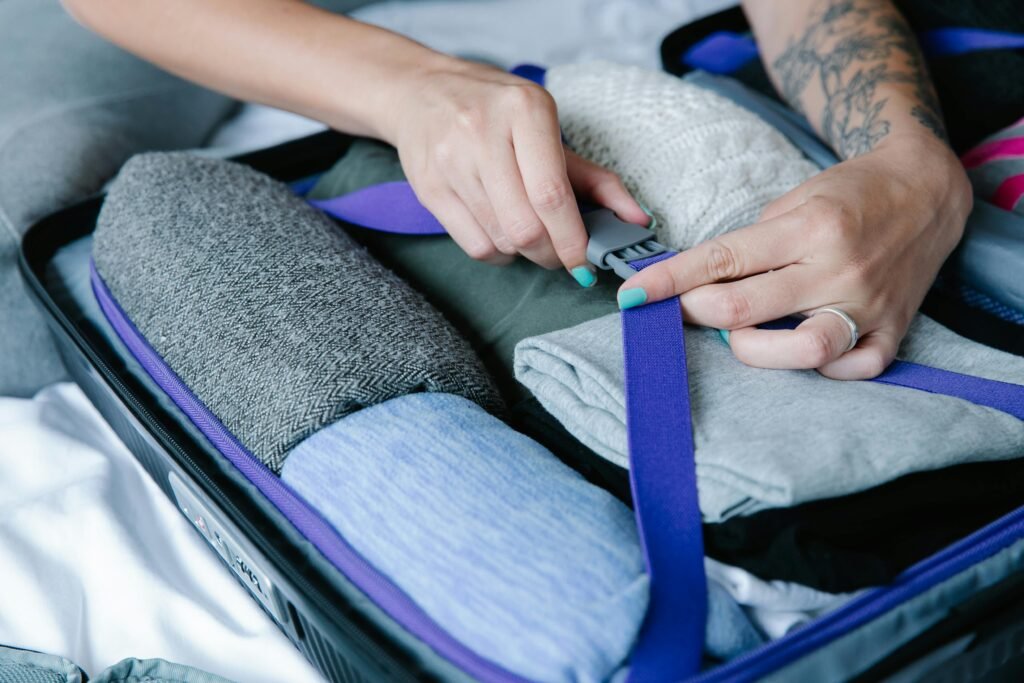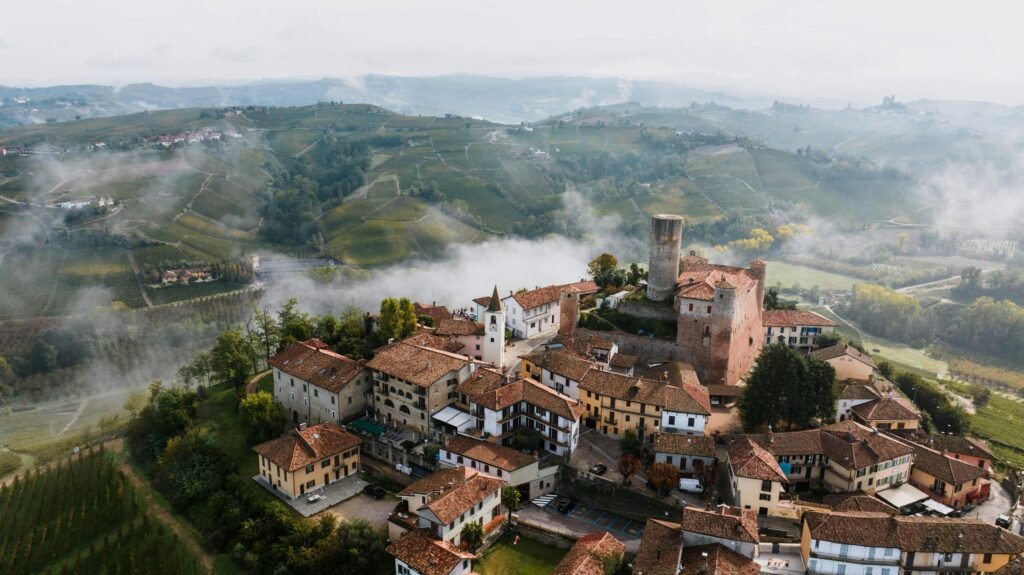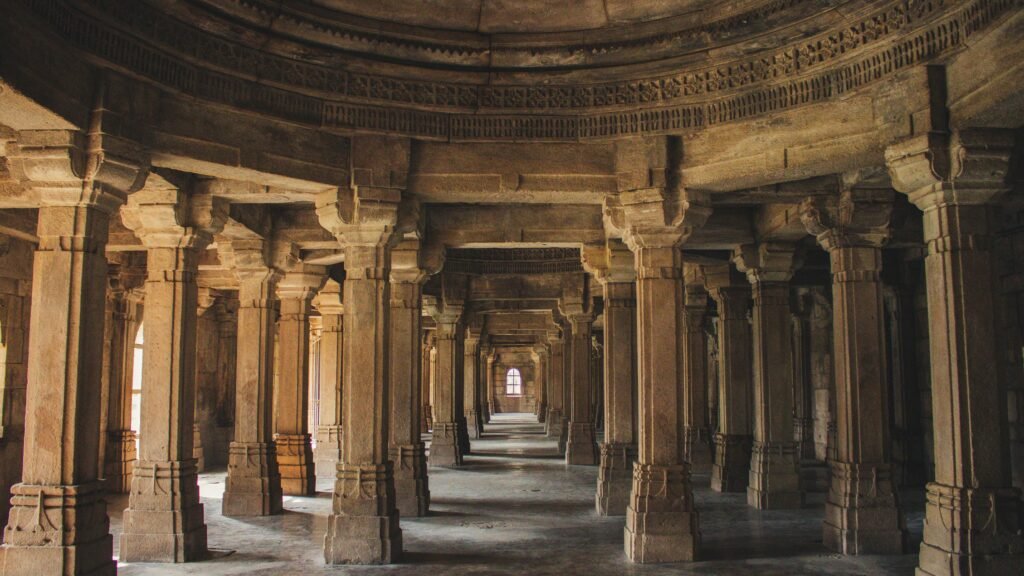Yes, Palermo is generally safe to visit, especially for tourists.
While it’s a vibrant city with a rich history and culture, like any major urban area, it requires some basic precautions to ensure a pleasant experience.
In this guide, I’m sharing everything I wish I’d known before my first trip to Sicily’s vibrant capital.
We’ll cover real crime statistics, the neighborhoods you should actually worry about, and practical tips that’ll help you enjoy Palermo without constantly looking over your shoulder—while answering the big question: is Palermo safe?
Palermo’s Current Safety Situation and Crime Statistics
Palermo’s crime rate sits at about 4,200 incidents per 100,000 residents, which honestly isn’t terrible for a city of 650,000 people.
Compare that to Naples at 4,800 or even Rome at 3,900, and you’ll see Palermo falls somewhere in the middle for Italian cities.
The most common crimes affecting tourists? Pickpocketing and bag snatching, making up about 65% of tourist-related incidents.
The Sicilian police have ramped up their tourist protection units significantly.
During my stay, I saw uniformed officers at every major attraction, and they were genuinely helpful when I asked for directions.
The city installed a lot of new security cameras in the historic center.
Seasonal patterns matter too. Summer months see a 30% increase in petty crimes, mainly because there’s more foot traffic and tourists carrying cameras and phones.
Safe vs. Unsafe Areas in Palermo: Where to Stay and Avoid
Okay, this is where I’m gonna get real specific because knowing which neighborhoods are actually sketchy can make or break your trip. When people ask “is Palermo safe,” they’re usually really asking “where in Palermo is safe?”
Choosing the right neighborhood can make or break your experience—especially when it comes to safety.
The safest areas for tourists are hands down the historic center around Via Maqueda and Corso Vittorio Emanuele. I stayed near Teatro Massimo and felt completely comfortable walking around even late at night. The Politeama and Libertà areas are also solid choices – well-lit, lots of people around, and regular police patrols.
Now, here’s where I screwed up on my first night. I decided to “explore” the Zen and Sperone neighborhoods because they looked interesting on the map. Big mistake. These areas have higher crime rates and aren’t really set up for tourists anyway. A friendly local at a café basically told me I was being an idiot and walked me back to the main area.
Kalsa district is tricky – it’s got some amazing restaurants and historic sites, but it can feel sketchy after dark. During the day? Totally fine. After 10 PM? I’d stick to the main streets or take a taxi.
The Borgo Vecchio area near the port is another one to be careful with. Not necessarily dangerous, but it’s got that run-down vibe that made me feel like I was standing out as a tourist.
Here’s my rule of thumb: if you’re staying anywhere within walking distance of the cathedral, Palazzo dei Normanni, or the main shopping streets, you’re golden. These areas are where the city focuses its tourism infrastructure and security.
Common Scams and Tourist-Targeted Crimes in Palermo
Helpful Stranger
Man, I wish someone had warned me about the “helpful stranger” scam before I got to Palermo.
He starts showing me directions, and while I’m distracted looking at where he’s pointing, his buddy is trying to get into my backpack. Thankfully, I felt something and turned around, but it was a close call.
Gold Ring
The “gold ring” scam got me curious but not caught. Someone “finds” a gold ring near you, asks if it’s yours, then offers to sell it to you cheap when you say no. Spoiler alert: it’s not gold, and they’re not being generous. I saw this happen three times in the Ballarò market alone.
Restaurant Scam
Restaurant scams are sneaky in Palermo. Some places near major attractions will add items to your bill that you didn’t order, or they’ll bring bread and olives to your table then charge you for them. Always ask if the bread is complimentary – I learned that lesson after paying €8 for bread I didn’t even want.
ATM Skimming
ATM skimming is a real issue, especially on machines near tourist spots. I always used ATMs inside banks or hotels after a fellow traveler told me about getting her card info stolen from a street machine. The fraudulent charges didn’t show up until she was back home, making it a nightmare to sort out.
Fake police
Fake police scams are rare but they happen. Real Italian police will always show proper identification if asked, and they won’t demand immediate payment of fines. If someone claiming to be police approaches you about a fine or violation, ask to go to the station to sort it out.
Solo Travel Safety in Palermo (Special Focus on Female Travelers)

As someone who’s done a fair bit of solo travel, I gotta say Palermo presents some unique challenges, especially for women traveling alone.
The question “is Palermo safe” hits differently when you’re navigating a new city by yourself.
I met Sarah, a solo female traveler from Australia, at my hotel, and her experiences really opened my eyes.
She felt comfortable during the day but noticed way more attention from men than she was used to.
Street harassment isn’t uncommon, though it’s usually just catcalling rather than anything physically threatening.
Public transportation felt safe to both of us during daylight hours, but we both agreed that after dark, taxis or rideshares were worth the extra cost. The buses can get pretty crowded, and that’s when pickpocketing becomes more likely.
Solo dining was actually easier than expected. Palermo has tons of small trattorias where eating alone doesn’t feel weird. I’d recommend avoiding the touristy restaurants right around the cathedral though – they tend to be more aggressive with single diners.
Timing your visit right isn’t just about weather; it can also impact how safe you feel during your trip.
Transportation Safety: Getting Around Palermo Securely
The city buses are generally safe during the day, but they get incredibly crowded during rush hours. That’s prime pickpocket time, and I learned to keep my hands on my bag at all times.
The newer buses have security cameras, which gave me some peace of mind, but the older ones can feel pretty sketchy.
I had mixed experiences with taxis. Most drivers were honest and helpful, but a few tried to take advantage.
Uber and other rideshare apps work in Palermo, and honestly, I felt safer using them than random taxis, especially at night. The accountability factor of having everything tracked through an app made me more comfortable as a solo traveler.
Renting a scooter seemed like a fun idea until I actually tried navigating Palermo traffic. The driving here is aggressive, and as a tourist, you’re at a serious disadvantage. I returned mine after one terrifying ride and stuck to walking and public transport.
The train station area requires extra caution. It’s not dangerous exactly, but it attracts pickpockets and scam artists who target travelers with luggage. Keep your belongings close and be aware of your surroundings when arriving or departing.
What to Do If Something Goes Wrong: Emergency Resources
The main emergency number in Italy is 112, which connects you to police, fire, or medical services. They usually have English speakers available, but don’t count on it. I programmed this number into my phone’s emergency contacts so I could access it even if my phone was locked.
For tourist-specific issues, Palermo has a dedicated tourist police unit (Polizia di Stato per il Turismo) located near the port. They’re used to dealing with visitors and are more likely to speak English. I had to visit once when I thought someone was following me, and they were incredibly helpful and professional.
The nearest hospital to the tourist center is Ospedale Civico, and it’s about a 10-minute taxi ride from most hotels. Private clinics like Villa Sofia are faster for non-emergency issues but more expensive. I ended up at a private clinic with food poisoning and was impressed by the quick service.
If you’re robbed or pickpocketed, report it immediately to the police for insurance purposes, but don’t expect much investigation. The police station on Via Dogali is centrally located and accustomed to tourist reports. Bring your passport and any documentation you have about the incident.



